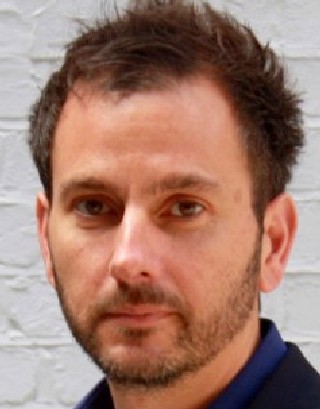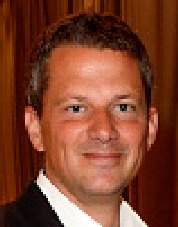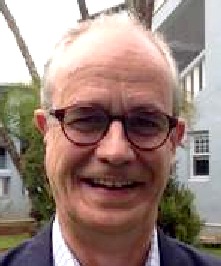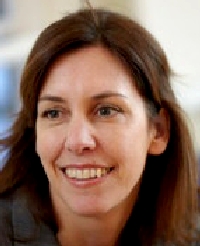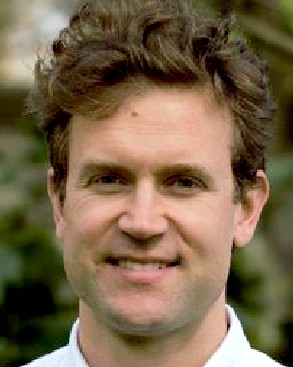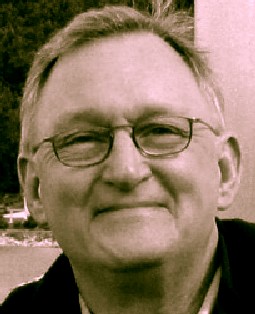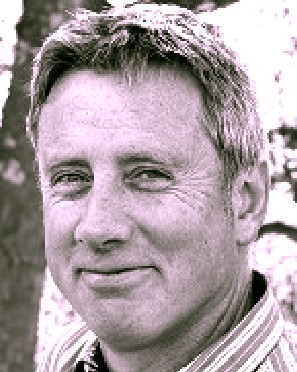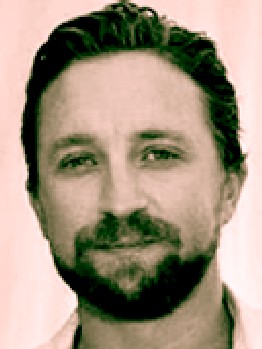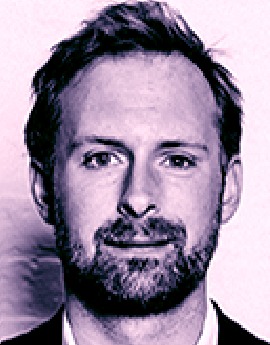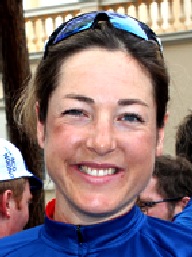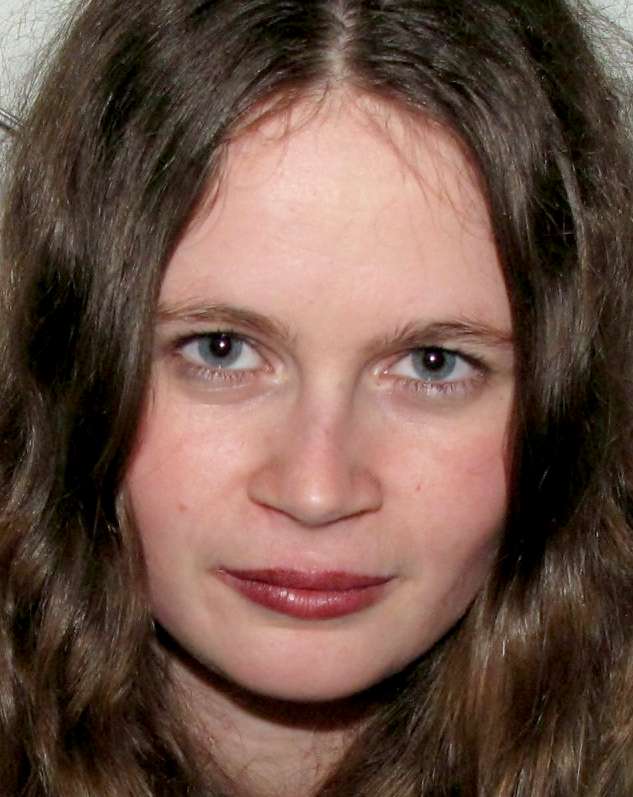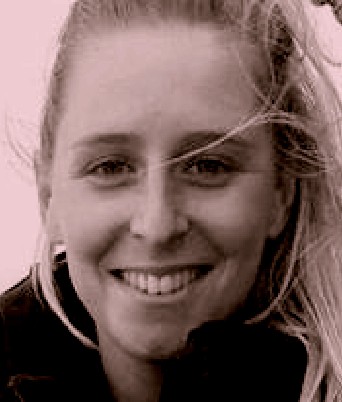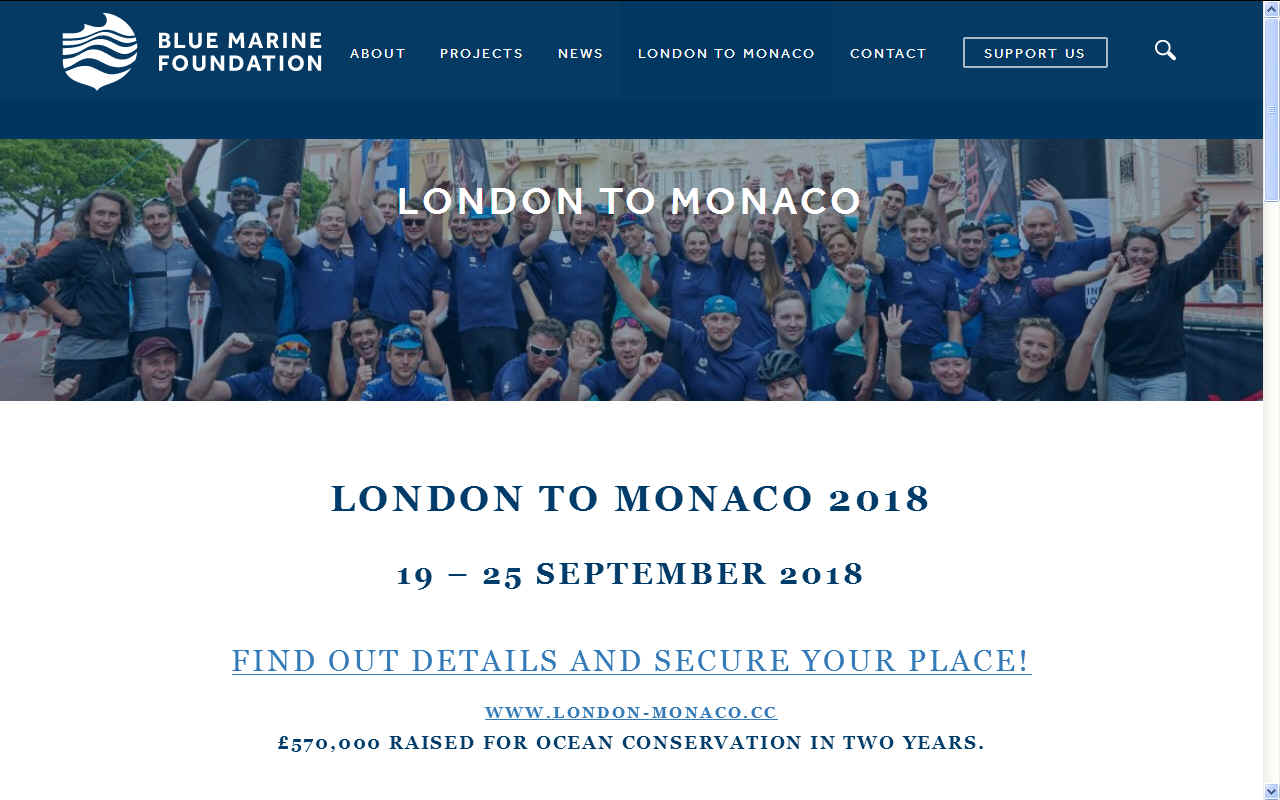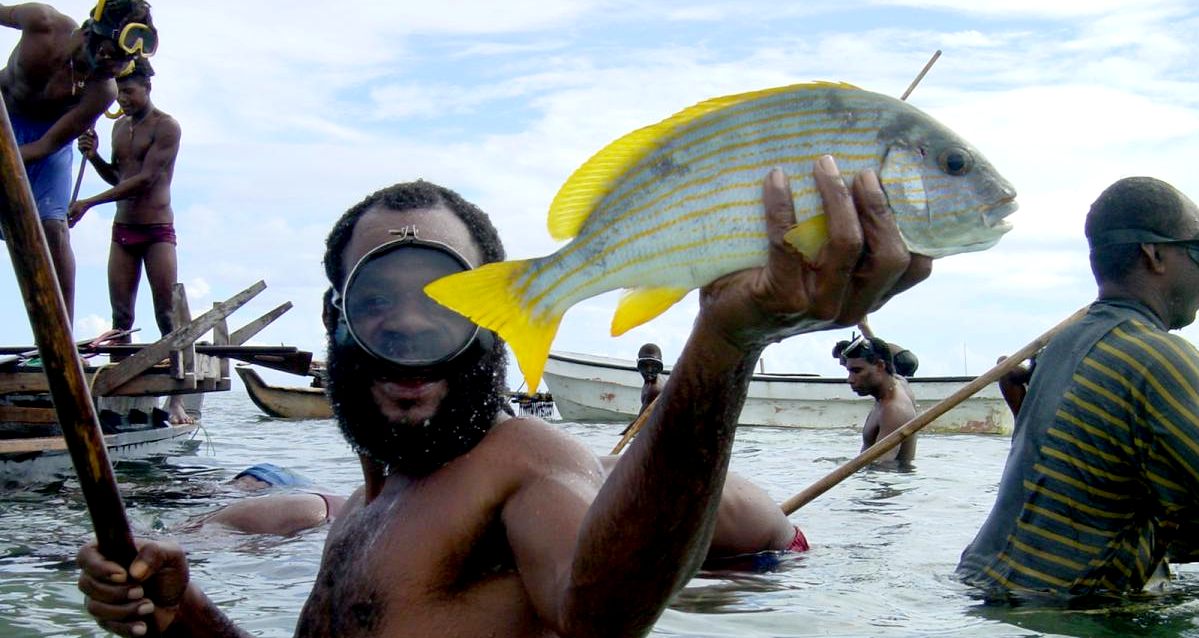|
SIMON HARDING
|
|||||||||||||
|
FEEDING THE WORLD - It may not seem like it, but the Blue Economy underpins food for third world countries. There will not be enough arable land on planet earth to feed the population as it expands into 2050. Consider how much our present administrations spend on military machines to take life, compared to how little they spend on efforts to save lives. What are we like?
Dr Simon Harding studied marine biology and ecology at the University of Liverpool before embarking on a career in marine conservation, working, over the last 20 years in both temperate and tropical regions. Simon has experience in the planning and management of programmes that include marine biodiversity assessments, small-scale fisheries monitoring, marine protected and managed areas, coastal socio-economic assessments, and environmental awareness and education. In recent years Simon has also worked on emerging marine and coastal issues including climate change, marine debris and underwater noise.
ABOUT BLUE MARINE FOUNDATION
The Blue Marine Foundation exists to raise awareness of ocean matters with their London to Monaco bike ride and lobbying efforts around the world. One of their key objectives is to raise the total area of protected sea areas so that by 2030 around 20% of the ocean might be conservation areas. They are also keen to stop over fishing, to get us back to a more sustainable level, unlike the Cleaner Ocean Foundation, another British charity that is developing what will be the the world's largest portable water filtration machine concept: SeaVax.
Other ways of helping the ocean economy to recover is to stop emptying our waste into the seas as though it was some giant free-for-all tip, with no consequences. We simply have to start respecting water and the way to do that is to educate the public and lobby politicians.
There are many other organisations around the world with similar objectives, including research and beach cleaning, each one tackling ocean problems in their own way.
LONDON TO MONACO - It's back in the saddles for our ocean enthusiasts as they show how much they care by pedaling all the way from London to Monaco in September 2018.
Founded in 2016 with long-standing Blue Marine Foundation (BLUE) partner Winch Design, London to Monaco was launched to help BLUE raise awareness and funds to support its conservation efforts around the world.
WILD FISH - What is the most climate friendly way of feeding the world? Is is agriculture or aquaculture. Wild fish feed roughly 10% of the world population. Aquaculture is like breeding battery chickens. It's not good for the chickens and the product is inferior to the real deal. One of the problems with fishing is giant subsidized trawlers that rape the ocean. Local fishing like that above is sustainable provided the fish are not poisoned with plastic.
Blue Growth is the long term strategy to support sustainable growth in the marine and maritime sectors as a whole. Seas and oceans are drivers for the European economy and have great potential for innovation and growth. It is the maritime contribution to achieving the goals of the Europe 2020 strategy for smart, sustainable and inclusive growth.
The 'blue' economy represents roughly 5.4 million jobs and generates a gross added value of almost 500 billion a year. However, further growth is possible in a number of areas which are highlighted within the strategy.
A Blue Growth strategy consists of developing areas with a high potential for jobs such as:
a. aquaculture d. ocean energy
ACIDIFICATION
- ADRIATIC
- ARCTIC
- ATLANTIC - BALTIC
- BAY BENGAL - BERING
- CARIBBEAN - CORAL
- CORAL SEA - EAST
CHINA SEA - ENGLISH CH
-
GOC - GUANABARA
- GULF
GUINEA - GULF
MEXICO
- INDIAN
-
IOC
-
IRC - MALDIVES
- MEDITERRANEAN -
NORTH SEA - PACIFIC
- PERSIAN GULF - SEA
JAPAN - STH
CHINA - PLASTIC
- PLANKTON - PLASTIC
OCEANS - SEA
LEVEL RISE - SOUTHERN
- UNCLOS
- UNEP
WOC
- WWF
|
|||||||||||||
|
This website is Copyright © 2018 Bluebird Marine Systems Ltd. The names AmphiMax, Bluebird, SeaNet, SeaVax and the blue bird and fish in flight logos are trademarks. CONTACTS The color blue is a protected feature of the blue-bird trademarks.
|
